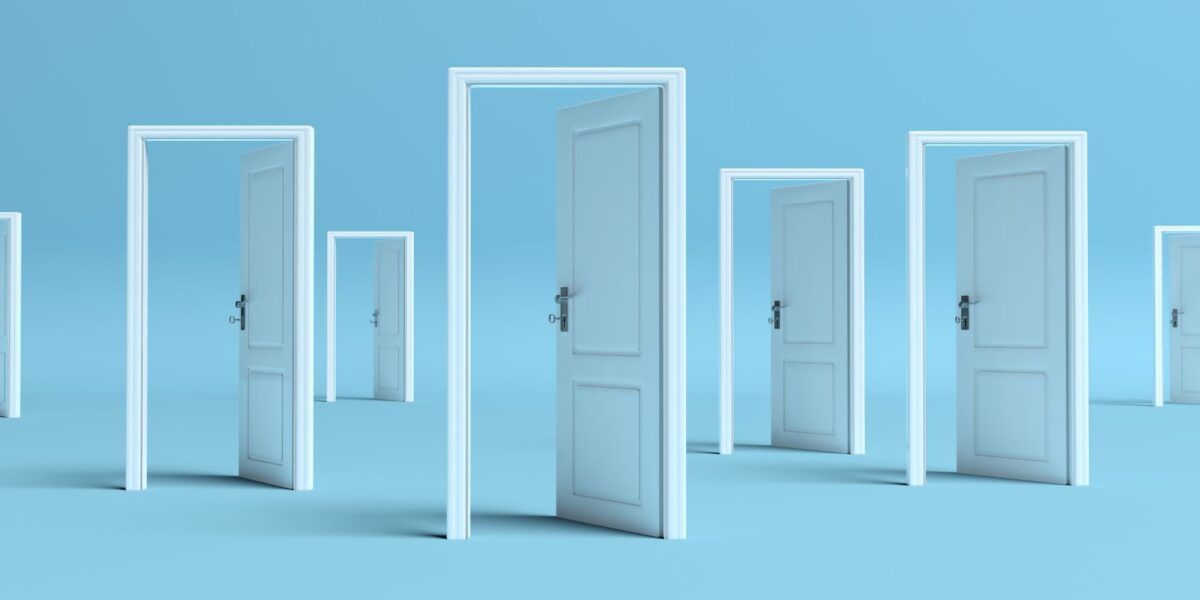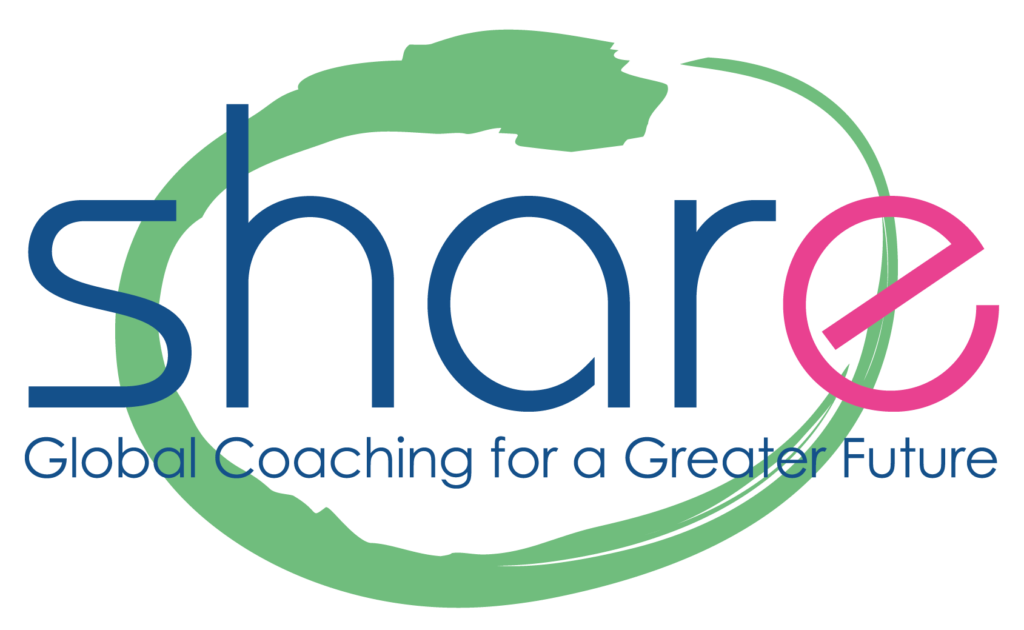In February, we rejoice in the newly found freedom after two years of Covid-19, when we were forced to stay locked up at home and drastically reduce our social interactions. Now, we are finally able to enjoy going to restaurants, attending shows, and vacationing to faraway places.
All of this makes me reflect on what freedom is.
Since the dawn of time, man has always fought to have his freedom of expression, to be able to choose the way he wanted to live, and so on. But if you think about it, most of the time men have fought for freedoms that were taken away from them. If we take a recent example, the anti-vax protest against the perceived obligation to get vaccinated. If I get a little more personal, some people in my family, whom I won’t name (!), go to the doctor who prescribes medicine, but then they either change the dosage or decide that they don’t need the medication.
Those who go on strike (for legitimate or not legitimate reasons) are another example of this phenomenon: they oppose a norm that already exists in order to change it. They revindicate their freedom as opposed to something that is already in place.
Real freedom, in fact, may be when we can completely decide our fate. All the greatest philosophers have pondered the question of how to balance freedom and determinism: Are we really free to choose or are we deprived of that freedom by laws and social norms (laws of nature, religious determinism…)?
I won’t get into this debate, which I personally don’t know how to resolve, but I will be offering you some food for thought from the perspective of my coaching experience.
To be completely free means to have no constraints. If you ask yourself the question “Am I really free?” I’m not sure you can answer 100% yes. We are all constrained by social (unwritten, implicit) or legal norms (written, explicit) that give us a framework in life. If you want to be free to exercise the profession that you like for instance, you must still think about whether it will allow you to meet your needs or not. When you practice a profession, you are also bound by standards (the ICF code of ethics for coaches for example).
We may be free to buy whatever we want, but even when we make a harmless transaction like buying bread, we follow legal rules that regulate that purchase.
I say all that to say that total freedom actually is an illusion.
Choices
That said, let’s talk about choices. Everyone would like to be free to make their choices in life, but often, when we are faced with critical decisions, especially the most important ones, we have a moment of hesitation, the famous “leap into the void” because we don’t know, deep down, if the choice we are making will really be the right one for us until we come across its consequences in our lives.
And sometimes, when we are faced with consequences that do not suit us, we try to place the responsibility of our failures on an external element: the spouse in the event of a divorce, bad circumstances in case of business, colleagues if it’s about teamwork…
If you think about it, freedom of choice carries with it two great burdens that we are not always ready to face:
- Knowing what we really want for ourselves beyond social pressures.
- Taking responsibility for our choice.
What We Really Want
Let’s start with knowing what we really want. When I ask this question to my clients, they generally respond with the following:
- What they no longer want or don’t want: here we come back to wanting to be free by the opposition, not in absolute terms.
- What they would like to have if they had a magic wand: “I would like to win the lottery” or “I would like my boss to no longer be my boss.”
- What a social norm imposes on them. Many people, for example, choose a job to please their parents, advance their career or become managers because that’s “the right thing to do.”
It is rare that my clients respond immediately with what they really want because this freedom is scary. It is easier to conform to external pressures than to bend to our absolute will.
I see my daughter, who has been given all the possible freedom to choose her future, feeling lost and anxious as she tries to answer the question: “What am I going to do with my life?”
Responsibility
The other element that is related to absolute will is responsibility. If we make choices according to our own volition, it means that we must also take responsibility for them. In my experience as a coach, this is a difficult step because it is easier to think that we were “forced” to make a specific decision by external factors (a person or a situation) so that we don’t have to take responsibility for it. If we realize that the responsibility for a choice falls on us, we will not take it lightly. It even scares us a little.
Freedom, will, and responsibility are closely related concepts.
If I have the freedom to do, express, or be what I like, that means that I choose what I want to do, express, and be; I assume total responsibility for it since it is my free will that establishes these choices.
When in a coaching session I will ask the client: “What do you want?” The automatic answer often is: “I don’t know…” We must accept that it takes time to know what we want, or that sometimes the answer is never as precise as we expect it to be (as a coach it is very dangerous to have expectations on anything…).
This question, especially as it concerns major life choices, can trigger very deep existential implications, and be very hard to find an answer to.
So, how do we help someone or help ourselves to make free choices without being crushed by this pressure of ultimate responsibility?
A Way Out
The first step towards the path of freedom is to create boundaries to that freedom. If you are the one defining these limits, the space you give yourself will be a free choice.
There are different types of limits:
- Temporal: I want to give myself this time until I start looking for another job. I give myself until the end of summer not to worry about what I want to do with my life (this is, for instance, the choice of my daughter). Before a certain date, I want to have taken the first step to move forward with my project.
- Material: I have to find a job that allows me to earn X to support my family, even if it’s not my ideal job. I want a job close to my house so I can be close to my children in case they need me. I want to throw a party, but I can’t exceed a certain budget.
- Relational: I choose to stay close to my spouse even if at the moment he/she is unbearable because of his/her work issues. I choose to take over my parents’ business because they poured their soul into it to make it grow. I choose not to go live abroad to stay close to my parents.
All of these choices may seem trivial, but there are two fundamental elements that ensure that these are free choices:
- The first is awareness. For example, instead of supporting my spouse who is having a hard time because we live together or because “that’s the way it is,” I consciously tell myself that I have chosen to stay close to him/her because that’s what I wanted.
- The second is to accept the consequences. I chose to find a job close to my home even if it is not ideal because I feel better knowing that I am close to my children. I chose to wait until the end of the summer to think about my future work because giving myself time allows me to take a step back and gain perspective.
By doing so, instead of being crushed by “too much” freedom or “too much” responsibility, we build ourselves a space of freedom that fits us, consciously choosing the benefits we need to better accept the possible negative consequences.



